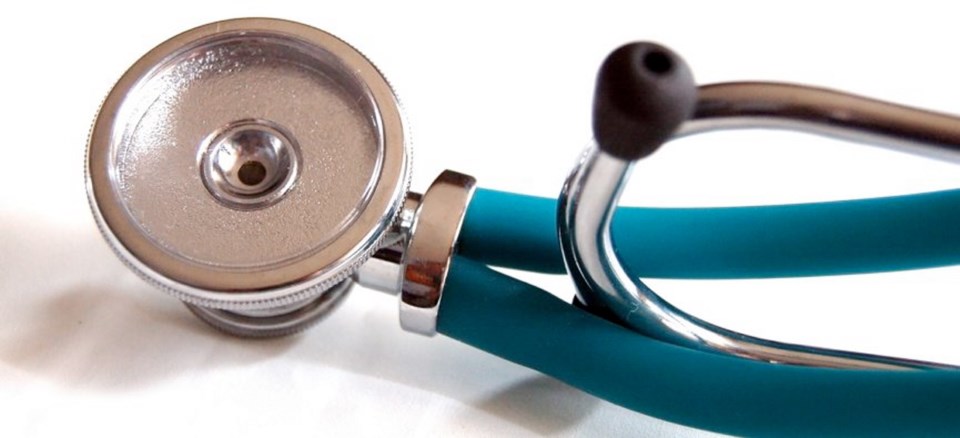It is now about three years since I retired; it saddens me to leave the medical profession in such poor shape.
In spite of my best efforts several of my previous patients are “orphaned’; some are telling me how difficult they find it without timely and continuous care. In some cases. the delay has led to more extensive treatments that an early diagnosis could have avoided.
Many initiatives are still failing to resolve the situation. “A GP for Me” was well-intentioned, but failed dismally. In fact, since 2001 several programs have been attempted — some are ineffective and some, in fact, made the situation worse by increasing non-productive bureaucracy for family physicians.
What does this mean? I think that all the above programs and initiatives have failed because they are not dealing with two fundamental underlying problems, namely, how physicians are paid and how the medicare funding is distributed.
Most physicians are paid on a fee-for-service basis. This means they will bill the government for a service rendered, and this fee will include payment to the doctor for his knowledge and time, but also reimburse for providing an office, staff and everything down to the last paper clip.
I have just spotted my letter-carrier — should he be offered an increase salary for which he will then provide the van, the gas, the servicing, the uniform, the safety footwear, etc. Should a bus driver provide the bus? Should a bank teller lease his or her workstation and provide his or her own computer? Would a bank manager be expected to pay the salary and benefits of a personal assistant and clerical staff?
Prior to the inception of medicare, physicians had to be business people to run their own offices. This business model was maintained because of the resistance of physicians initially to medicare. More than half a century later and we are still stuck with this model.
In part, this system is perpetuated by physicians believing that they are “independent [of the government] entrepreneurs.” How can they be, when more than 95 per cent of the average family physician income is from the government?
Physicians are not realistically able to afford the increased support staff — typist, medical office assistant, practice nurse, pharmacist and more — that would enable the modern family physician to practice most effectively.
The second problem is that The Doctors of B.C. (a union by any other name) negotiates with the provincial government a percentage increase in the funding for all physician services. When this is agreed, it is the committees within the “union” that decide how the increase will be distributed. Feelings run high during these power struggles.
The practice of medicine has become diverse over the past half-century, and even more, in fact, over the last decade. It would be more fair if sub-fractions of this system could negotiate directly with the provincial government.
Ideally, this would be hospitalists, primary-care physicians, internists, procedure-list physicians (endoscopists), psychiatrists and surgeons. That is a diverse list, but each discipline has its own specific needs.
The change in delivery of medical care probably happened on the same day I lost my hair. In other words, it is a gradual process, but now I am unequivocally bald, and the medicare system is unequivocally broken.
Until we come to grips with the underlying problems, the system will continue to limp along, leaving a trail of discontented patients, unfulfilled physicians and frustrated governments.
Is there a government that has got the courage and energy to change this, to create a firm foundation on which can be built an effective and affordable medicare system?
Chris Pengilly, formerly of Tuscany Medical Clinic, is a part-time family physician.



